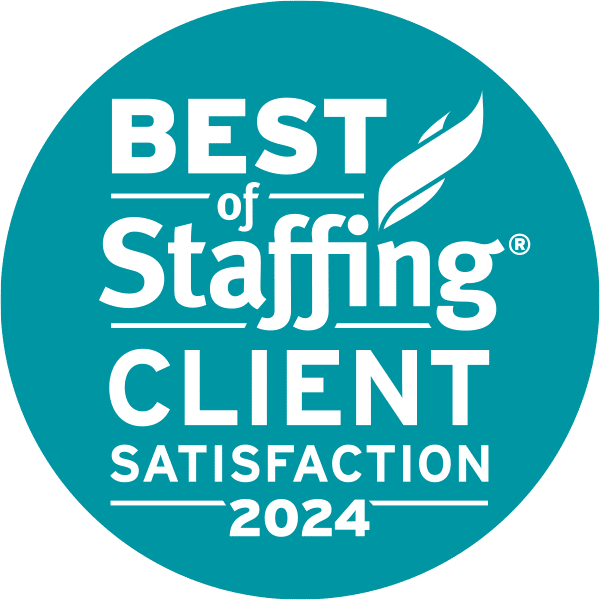Staffing Resource Center
We take great pride in providing solutions to all your staffing challenges. Our free Staffing Resource Center is just one more way that we help. Find articles and advice on topics such as controlling costs with strategic staffing, increasing efficiency, and driving team productivity.

Even the most productive, pleasant workplaces can feel a bit sour in the heat of summer. Productivity can drop significantly between June and August, thanks to rising temperatures, employee vacations, distractions, and stress brought on by an increase in workload.
With the warm season fast approaching, how can get your workplace ready for summer -- and ensure your employees don't get burned out?
Lighten up the Dress Code
Nobody likes wearing a three-piece suit five days a week in 90-degree temperatures. You don't have to allow short-shorts and flip-flops, but relaxing the dress code a bit can do a lot for morale. In order to keep things under control, clearly define your dress code in writing. Define what is acceptable and what is unacceptable, and the situations in which exceptions will apply.
Implement "Summer Hours"
Your employees have a lot going on in the summer. Kids are home from school. Family and friends come to visit. People plan weekend getaways. Summer "flex hours" can show the group that you care about their obligations and interests outside the office. Consider these options, or variations of these options, for your employees:
Summer hours won't work for every company, but even a tiny bit of flexibility can help maintain morale during the summer months.
Plan Well in Advance for Summer Workers
In early spring, have each manager list their needs for the summer, including an inventory of their team's vacation dates. While people are away, what sorts of skills will need to be covered? Which projects have deadlines between June and August? Make a list of those needs, and begin to strategize your plan for closing the gaps.
Don't wait until June to begin planning for summer. If you attempt to hire summer employees in June, the talent pool will already be quite shallow. When it comes to hiring for the summer, the early bird always gets the proverbial worm.
Work closely with your strategic staffing partner to really hash out your needs. Will you require temporary workers with general skills, or do you need subject matter experts? Will you require people for the full three months, or will they be shorter, one-off assignments? The earlier you sit down with them to discuss summer planning, the better. Recruiters must have the time and the detail necessary conduct a thorough, and ultimately more effective, search for temporary talent.
Beware the Risks of Hiring Summer Interns
Interns are not "free labor." Many interns have sued employers and won over the conditions of their unpaid internships. The rules and regulations regarding interns vary across the country, but employers must generally adhere to these guidelines:
Interns are an attractive way to cover the increased workload of summer and fill gaps created by vacations, but if this is your reason for creating an internship program, you may want to think again. To truly manage workflow and remain compliant, temporary staff, contractors and consultants are the better options. They require less training, the onboarding time is shortened, and the legal risks are far fewer.
Summer is bearing down upon us. Don't wait until your employees are burned out before tackling the issue. Get proactive. Start planning ways to ease stress and manage workflow now, and make this your most productive summer of record.
Summer? Bring it On!


